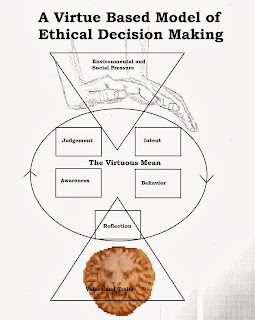
According to a 2012 Program
for International Student Assessment (PISA) Americans are slipping in
readiness. Math is on the decline and they are not doing much better in reading
or science. The trend is concerning as American students are not preparing to
take over highly skilled, technologically advanced and scientific oriented
positions in an increasingly difficult and complex world. As intellectual
capital declines so does a nations future opportunities.
Americans dropped to the 26th
slot in math, 21st slot in science, and the 17th slot in reading. The report indicates that nearly 15% of the
variance in U.S. students is due to socio-economic issues that include
motivation and interest. Students in the country simply view math and hard
science as difficult or uninteresting. They do not choose these fields as their
occupational approach.
Asian countries are on the rise. China appears to be doing well. Even
though American students have not slipped much they have stayed relatively the
same despite the increase in scores of other countries. This means their
overall performance has stagnated and could possibly start to decline at some
point in the future. Asian countries appear to be picking up the pace and
moving ahead.
Some should find the report results frightening and start looking
toward the root causes. They are deeper than simply “lazy students” but move
into a range of topics that include family, beliefs, internal/external motivation,
educational approaches, innovation, leadership, income, and
many others. Similar reports on high school education indicate the system isn’t
working well for the low performing students or the highest capability
students. It functions in part for a percentage of those in the average categories.
Solutions are not as simple as people think but may have something to
do with how Americans view themselves and their need to focus again on growing
a country with basic root value systems that fosters personal and professional
growth. This is an everyone is invited type of approach
regardless of their racial, religious, ethnic, or language background. Perhaps
our biggest failure is the failure to free our minds to the possibilities of a brighter tomorrow?
